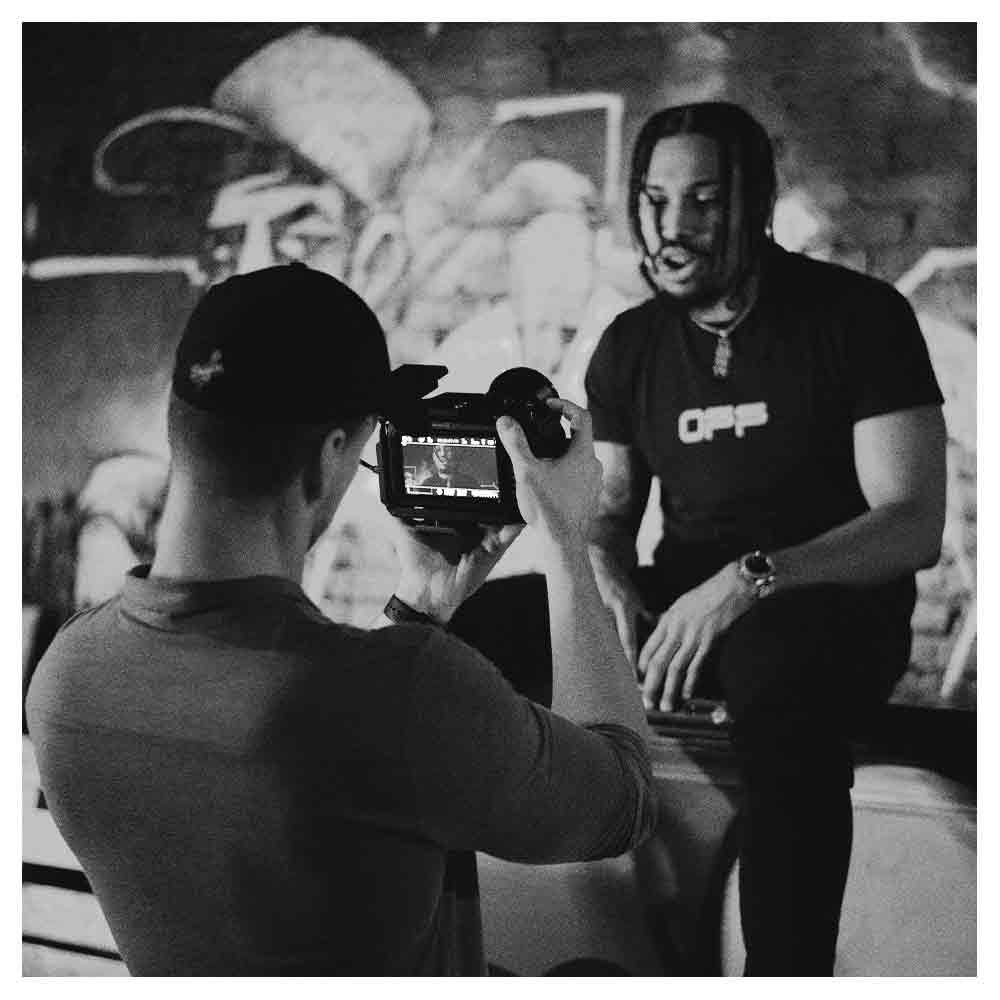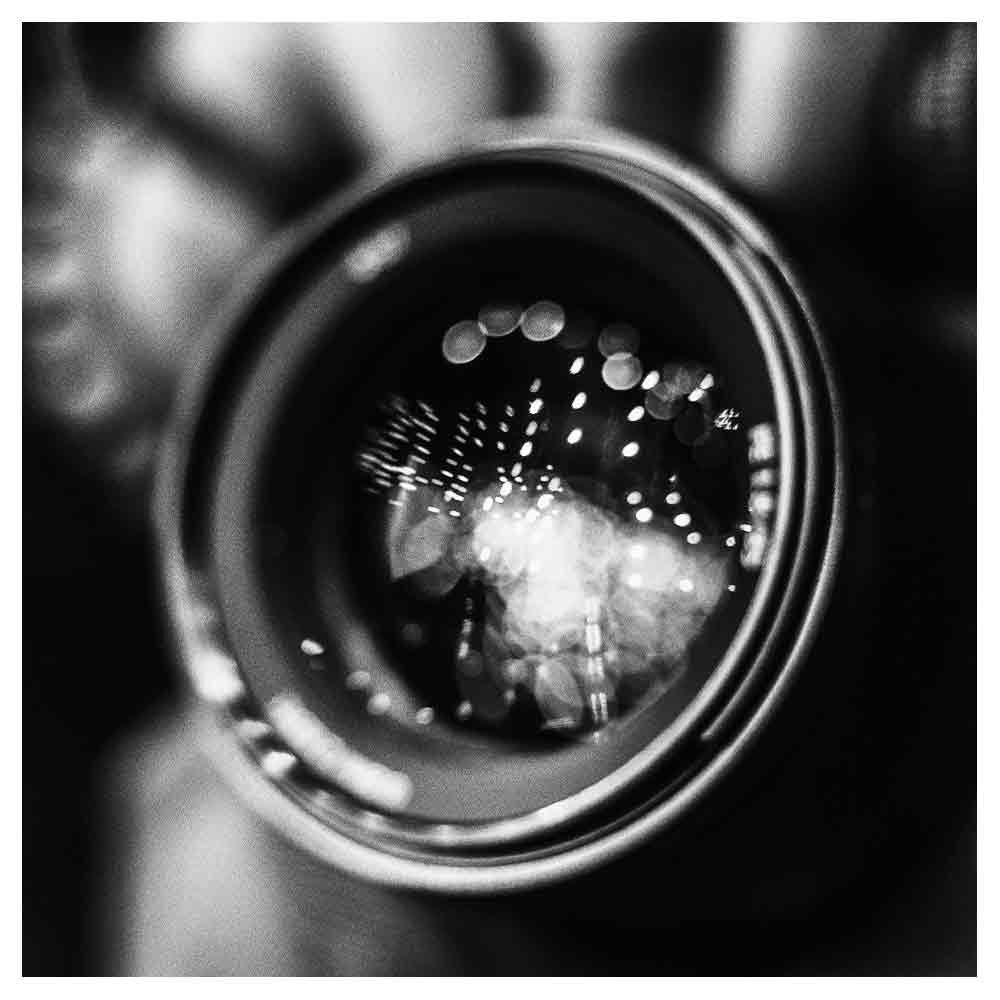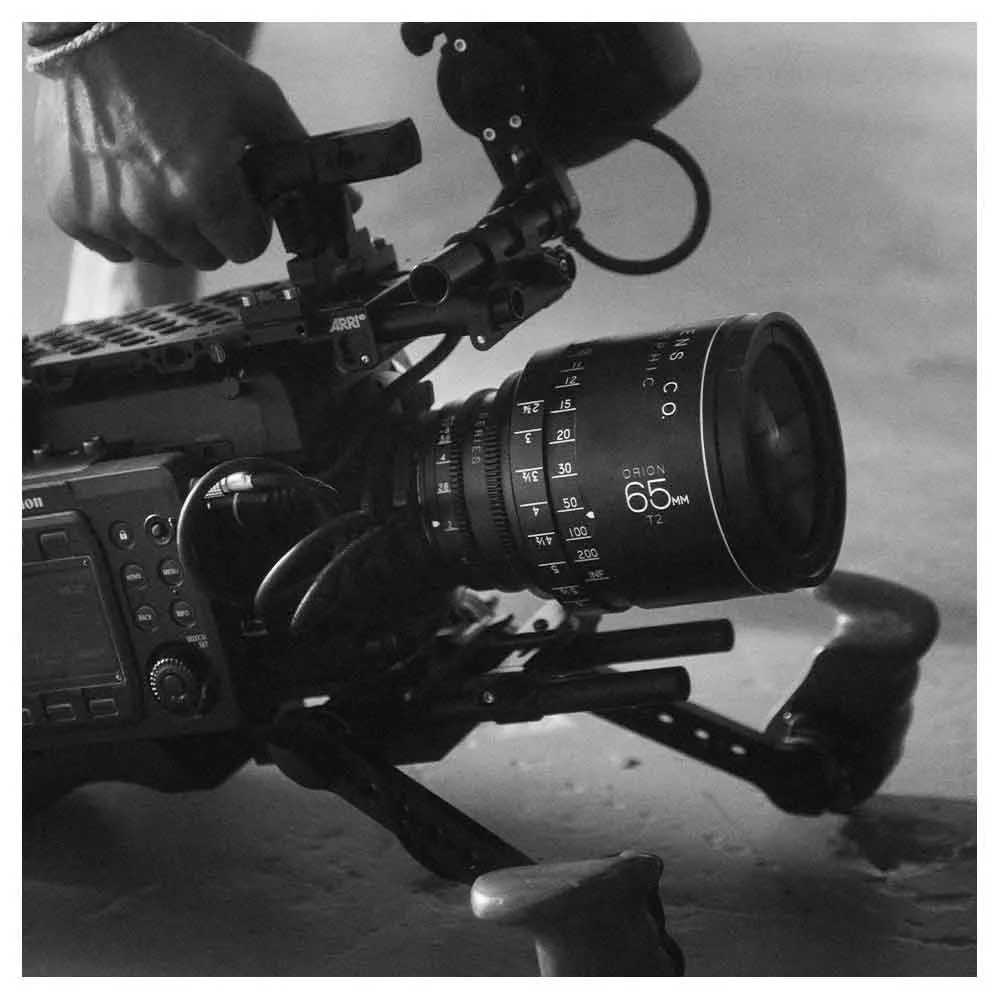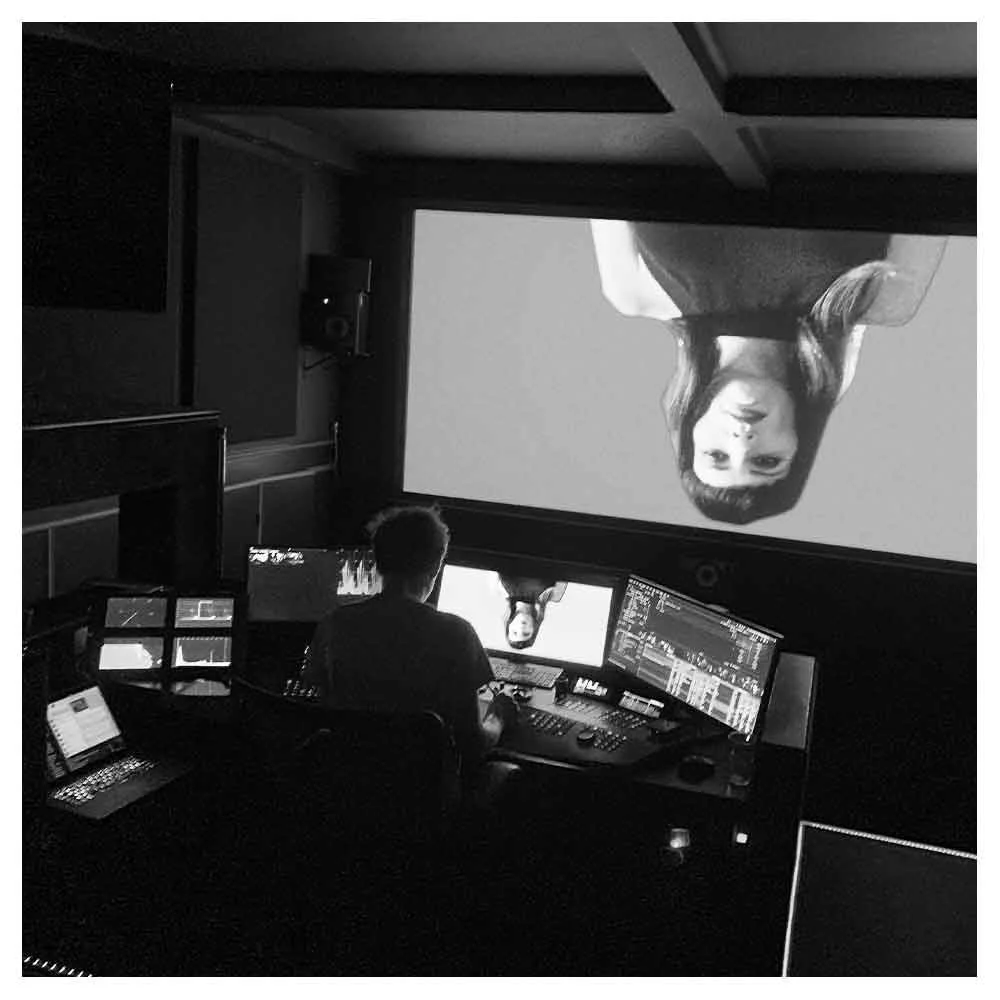10 Quick Tips For Filming Child Actors
Filming with child actors from a young age is something I’ve tried to avoid most of the time. It comes with a unique set of challenges that can include legal, productional, and time restrictions, which can turn the experience into a daunting and challenging task (I can’t imagine what it must have been like filming with the now famous child actors the first couple of seasons of Netflix’s hit series ‘Stranger Things’).
Although it’s been a while since I last worked with children on a video project, I thought it might be interesting to share a few quick and basic tips for working with these youngsters in front of a camera lens.
These tips are based on my few experiences combined with some topics I would consider when working with a child actor again that might increase the chances of a smooth film shoot.
Not everything will apply to everyone because different aged actors, different kinds of projects, and different levels of acting experience will require a different approach.
How To Film Child Actors?
Below, I’ve set out ten quick tips for filming child actors based on my few experiences:
Use a specialized casting director
I have no experience working with a child casting director because I’ve only taken a freestyle approach so far and worked with children from direct friends (more on that in a bit).
Still, I would consider working with a casting director specializing in casting young actors if I had to work on a project involving child actors again to find the right fit for the role.
These casting agencies are well aware of all the restrictions and child labor laws you must consider and how to follow these regulations accordingly.
They’ll negotiate a fair fee with the child’s agent and discuss the film production’s do’s and don’ts based on their role, age, and experience.
Build trust in advance with the child actor
A film set with all its chaos, whistles, and bells can be intimidating for an adult, so imagine what it must be like for a child if they have never been to a film set before.
I can imagine that a more mature and professional child actor with a decent amount of acting career experience doesn’t need this as much as a child actor who is new to the game, but what helped me establish trust was introducing myself before the camera was turned on.
I used images and video examples to explain what we would work on together, which helped to break the ice and give the kiddo a better understanding of what would happen and why.
Cast your family members
For the few projects I collaborated with child actors, I casted children from friends to make working with a child actor easier.
I believe it’s way easier for someone with zero acting experience to open up and feel relaxed in front of the camera if they already know and trust you.
Casting someone with whom you already have an established relationship, like a family member, can help make the collaborative process easier.
Have a child actor guardian on set
Children, especially those new to the game, can be unpredictable, so I believe it's essential to have someone always watching them and ensuring they're comfortable and safe.
This person can be a parent, guardian, or child wrangler—someone who’s paid to be responsible for the child’s well-being.
Use stand-ins
When setting up the shot, we used a stand-in (usually an adult sitting on their knees) and brought in the child actor once the frame was ready for filming so the child could relax and save their energy and focus for their performance.
Give eye-level directions to the child actor
On those few opportunities I worked with child actors, I always ensured I was on their eye level when giving directions.
I think it’s better to avoid talking to them from above because this can be perceived as intimidating, while kids usually want to be treated as equals, especially if you want something from them.
Use simple camera movements & directions
Depending on the age and experience of the child actor you're working with, I believe it's best to keep everything very simple because time is never on our side in film production (especially with the shorter working time frames for child actors).
Everything that can cause friction between takes should be considered something you want to avoid to keep the momentum going without losing valuable time.
Keeping everything simple includes simplifying the camera setup and avoiding complex camera movements, making it easy for the child actor to repeat something without waiting for the camera to be ready.
Nurture positivity
In my experience, positive reinforcement can go a long way in getting children to cooperate on set; negativity and criticism have the opposite effect.
Therefore, child actors need to know that they are doing an excellent job, so giving lots of compliments helps.
When things go wrong (and they probably will), always keep a calm and friendly voice and try to handle the situation as smoothly as possible.
Have a reward ready for the child actor
Having a reward ready at the end of a task can be a helpful tool for children of a certain age.
On one occasion, I thought candy was the perfect solution, but as you can imagine, lots of sugar can create sugar spikes as well as sugar dips.
I later realized I should have gone easy on the candy rewards. I think it's better to thank a child for their help when they do well by giving them alternatives like stickers, playing cards, or building blocks of a toy (something like LEGO, for example) they can acquire throughout a film shoot.
I assume it all depends on the child, their acting experience, and their age because if you're working with professional child actors who genuinely love the craft, their motivation for getting the right shot and delivering a flawless performance will be different.
Be patient and flexible while working with child actors
Again, it will differ from the amount of experience the child actor has.
However, based on my few experiences and the children I’ve worked with, working with children requires a bit more patience and flexibility than working with adults.
I believe that if you’re patient and flexible and ensure the child is having a great time on set, children will reward you with their best performance.
The more relaxed everybody is, the more likely you’ll get whatever you want!
Conclusion
To wrap it up, filming with child actors can be a fun and rewarding experience, but it takes some extra preparation to ensure the process goes smoothly.
Check the rules and regulations in the area you want to film that will probably differ depending on age, time on set, and the child actor’s role.
As mentioned above, I have no extensive experience working with child actors, and the list above might oversimplify the process of working with child actors a little bit.
Still, I hope it contains a nugget of knowledge gold for you to minimize the stress for yourself and the child actor while capturing great footage.
Frequently asked questions about filming child actors (FAQs)
What are the legal requirements for filming child actors?
Each state and country has laws regarding child actors' use in film and television. In the US, the Child Labor Laws for the Entertainment Industry, also known as the Coogan Law, requires that employers obtain a permit and that 15% of a child's gross earnings be withheld in a blocked trust account.
Employers are also required to provide education and breaks for child actors. It's essential to check with the specific laws and regulations in the location where filming will take place.
What are the best practices for working with child actors on set?
Some best practices for working with child actors include clear communication with the child and their guardian, providing a safe and comfortable environment, respecting the child's boundaries and limitations, and being aware of their legal rights and needs. It's also essential to have a chaperone or guardian present on set at all times to ensure the safety and well-being of the child.
How can child actors be prepared for their roles?
Preparing child actors for their roles can include:
Coaching them on their lines.
Rehearsing with them.
Providing them with background information about the character and the story.
Child actors can also benefit from workshops and classes to help them develop their acting skills.
What are the challenges of filming child actors?
Some challenges of filming child actors include their limited attention span and energy, lack of experience and training, and the need to work around their school schedules. Additionally, Child actors may have a different level of professionalism than adult actors and may require more time and patience to achieve the desired performance.
What are the ethical considerations when filming child actors?
Some ethical considerations when filming child actors include ensuring the safety and well-being of the child, obtaining informed consent from the child and their guardian, and being mindful of the child's rights and needs. It's also important to be aware of the potential impact that the filming process and the final product may have on the child's well-being and future.































